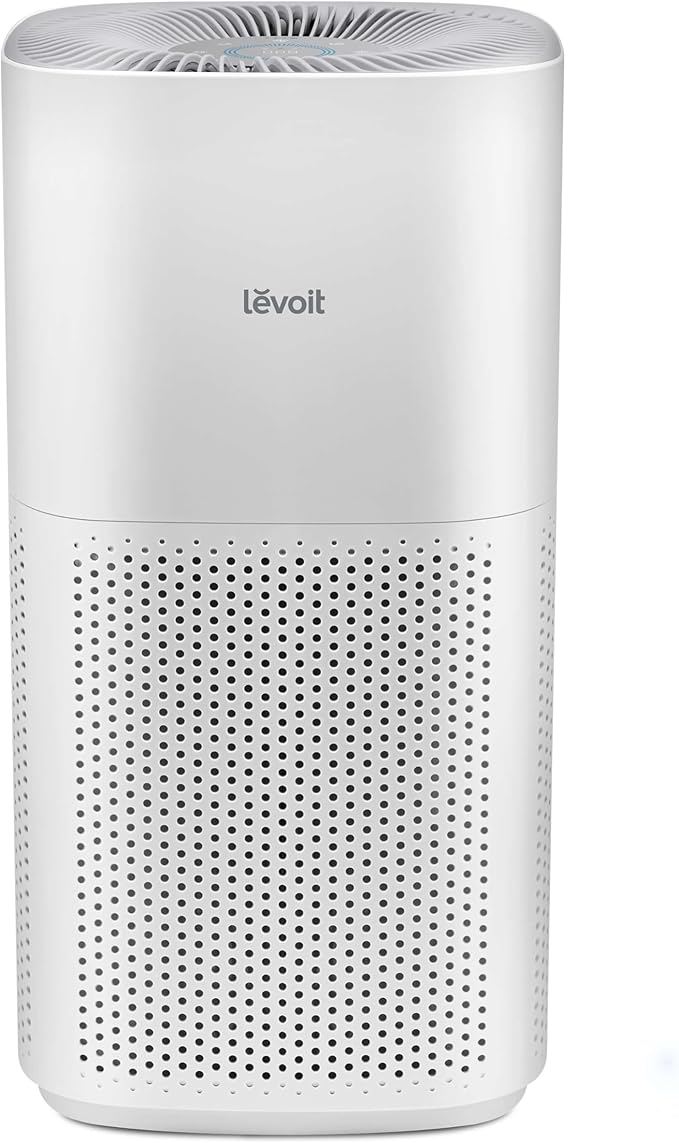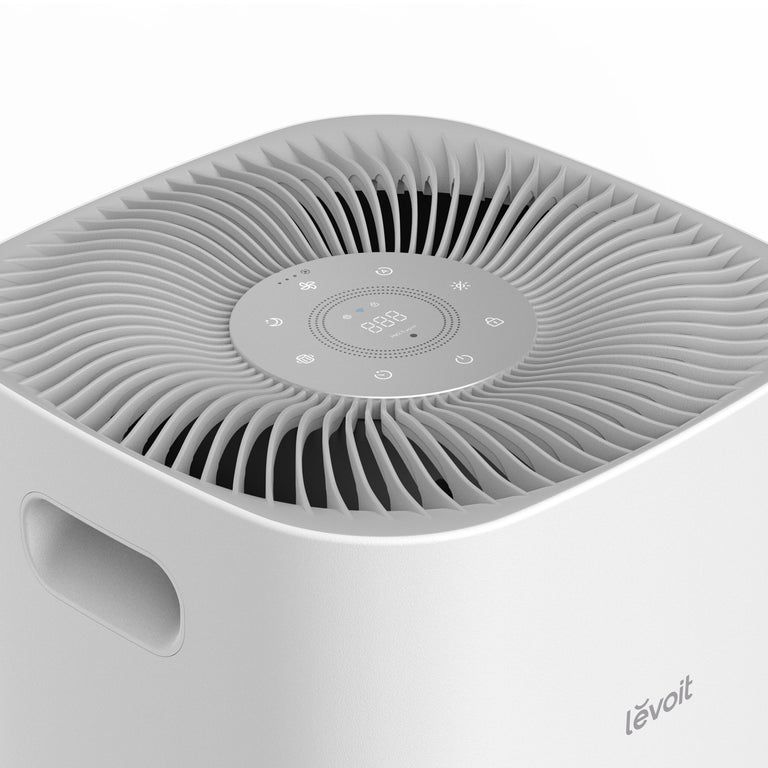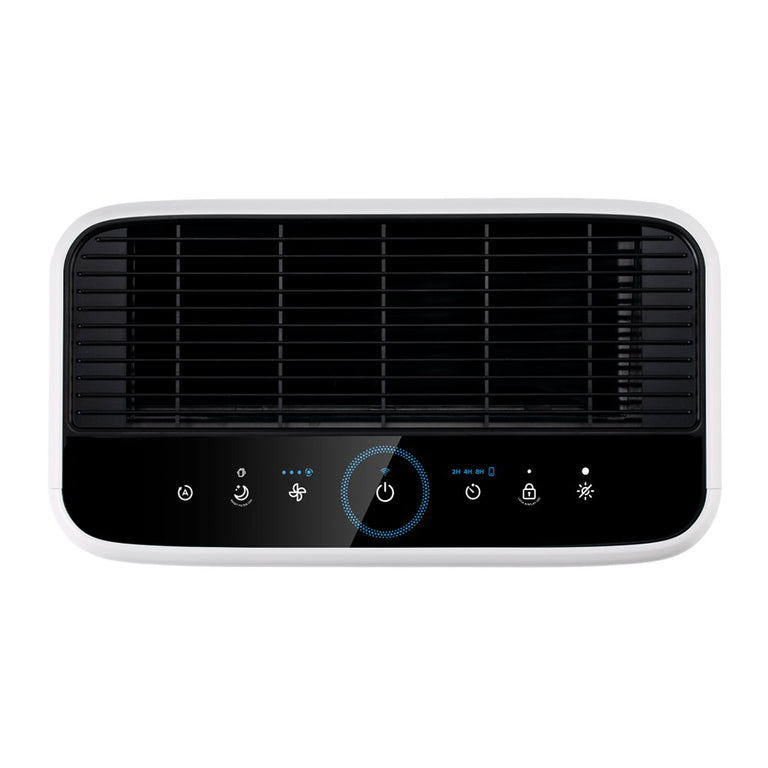
The Science of Self-Care: How Your Home and Mood Go Hand in Hand
-
1 min read
TL;DR:
Your home environment significantly impacts your mood and well-being. Cleanliness reduces stress, organization boosts focus, and thoughtful design choices like color, lighting, and natural elements promote relaxation. By understanding the science of self-care, you can create a calming sanctuary that supports your mental and emotional health.
When we’re in need for a retreat, it’s a calming solace to know our homes can act as our sanctuaries. They provide a place to recharge, relax, and get away from the noise of the outside world. It is no surprise that the environment we create within our walls can significantly influence our mental and emotional well-being. Understanding the science behind how cleanliness, decluttering, interior design, and aesthetics affect our mood can empower us to cultivate spaces that promote self-care, happiness, and a life centered around wellness.
Table of contents
The Psychology of Clean
A clean and organized home does more than please the eye, as it can profoundly affect our mental state. Cluttered and dirty environments can lead to feelings of stress and anxiety, leaving us feeling overwhelmed. On the other hand, maintaining cleanliness and order can elevate our focus, relaxation, and provide us with a sense of control. Here are some of the ways keeping a tidy home can help your mental state on a day-to-day basis.
Stress Reduction
Clutter bombards our minds with excessive stimuli, leading to sensory overload. This constant visual reminder of disorganization can increase cortisol levels, which acts as the body's primary stress hormone. By decluttering, we reduce these stimuli, allowing our minds to rest and rejuvenate.
Enhanced Focus and Productivity
An organized space minimizes distractions, enabling better concentration on tasks. With everything in its right place, we spend less time searching for items, leading to increased efficiency and a sense of accomplishment.
Improved Mood
Cleanliness and order can evoke feelings of tranquility and happiness. A tidy environment can signal to our brains that our work is complete, allowing us to further relax and fully enjoy our surroundings.

Interior Design and Aesthetics: Crafting a Mood-Enhancing Space
After cleanliness, our design and aesthetic choices can play a huge role in shaping our emotions. Elements such as color schemes, lighting, furniture arrangement, and the incorporation of nature can have a profound effect in uplifting our spirits.
Color Psychology
Colors have the power to influence our emotions and behaviors. For instance, blues and greens are calming and can reduce stress, making them ideal for bedrooms and bathrooms. In contrast, yellows and oranges are energizing and can promote creativity, an excellent choice for kitchens or home offices.
Natural Light and Views
Exposure to natural light boosts serotonin levels, improving mood and energy. Incorporating large windows or skylights can flood spaces with sunlight, creating an open and airy feel. Additionally, views of nature or green spaces can enhance feelings of peace and connectedness.
Furniture and Layout
The arrangement of furniture affects the flow of a room and our movement within it. Open layouts with clear pathways promote a sense of freedom and can reduce feelings of confinement. On top of that, investing in comfortable and ergonomic furniture supports physical well-being, which in turn influences mental health.
Incorporating Nature
Bringing elements of nature indoors, such as plants, natural materials, or water features, can reduce stress and enhance air quality. This biophilic design approach fosters a connection to the outdoors, promoting relaxation and well-being.
Scientific Insights
The Neuroscience of Your Space
Recent studies in neuroarchitecture, an emerging field that explores the impact of architectural design on the brain, provide deeper insights into how our surroundings may affect our emotions.
Room Shapes and Curves
Research indicates that people feel happier and more relaxed in rooms with curved features compared to those with sharp angles. Curved designs are perceived as more inviting and can evoke feelings of safety and comfort.
Views of Nature
Exposure to natural environments, even through windows, has been linked to reduced stress and improved mood. Incorporating views of greenery or water can have calming effects and potentially augment cognitive function.
Practical Steps to Enhance Your Home's Mood-Boosting Potential
Transforming your home into a haven of self-care doesn't require a complete overhaul. Small, intentional changes can have significant impacts.
- Declutter Regularly: Adopt a minimalist approach by only keeping items that serve a purpose or bring joy. Regularly assess belongings and let go of what might be unnecessary.
- Embrace Natural Light: Maximize natural light by using sheer curtains, placing mirrors strategically, and arranging furniture to allow unobstructed window access.
- Choose Calming Colors: Select paint colors and decor that promote relaxation, such as soft blues, greens, or neutral tones.
- Introduce Indoor Plants: Incorporate houseplants to improve air quality and add a touch of nature and sublime tranquility.
- Maintain Cleanliness: Establish a cleaning routine to keep spaces tidy, reducing stress and promoting a sense of order.
- Personalize Your Space: Display items that reflect your personality and experiences, creating a sense of belonging and nostalgic comfort.
The Role of Air Quality in Mental Well-being
Air quality is a crucial, often overlooked aspect of indoor environments that significantly impacts mood and wellness. Poor air quality can lead to respiratory issues, fatigue, and, in some cases, decreased cognitive function. Utilizing air purifiers, such as those offered by Levoit, can enhance air quality, contributing to a more comfortable and pleasant living space.
Creating a Spa-like Atmosphere at Home
Transforming your home into a spa-like retreat can further promote relaxation and self-care. Simple additions like aromatherapy diffusers, soft lighting, and calming music can create a serene environment, allowing you to unwind and rejuvenate. Here's a quick start guide on how you can go about creating your own spa day at home.
Conclusion
Our homes are more than just a place where we lay our heads at night. They serve as dynamic environments that profoundly influence our mental and emotional well-being. By understanding the science of self-care and implementing thoughtful design and organizational strategies, we can create spaces that nurture our minds and spirits, fostering a sanctuary of peace and happiness. Explore more daily wellness habits to keep your home and mind in balance. Until then, keep flourishing.
How does a clean home improve mental health?
A clean and organized space can reduce stress, lower anxiety, and improve focus. It creates a sense of control and calm, contributing to better mental well-being.
Does lighting really affect my mood?
Yes! Natural light boosts serotonin levels, enhancing mood and energy. Soft, warm lighting in the evening can promote relaxation and better sleep.
How often should I declutter my home?
Aim to declutter seasonally, or more frequently if needed. Regularly assessing your space and removing unnecessary items can keep your environment organized and calming.
Can air quality impact my mood?
Absolutely. Poor air quality can lead to fatigue and respiratory issues, while clean air promotes mental clarity and overall well-being. Air purifiers can be helpful.
What simple changes can I make to create a spa-like atmosphere at home?
Use aromatherapy diffusers, soft lighting, calming music, and cozy textures like plush blankets or rugs to transform your space into a relaxing retreat.
How can I personalize my space for better emotional well-being?
Add decor that reflects your personality, like family photos, artwork, or meaningful objects. A personalized space fosters comfort and happiness.
Sources:
Harvard Health Publishing. “Serotonin: The Natural Mood Booster”
Levoit. "An Air Purifier for the Bedroom: Your Family Will Thank You"
Levoit. "Happy Home, Happy Life: Daily Habits for Wellness"
Levoit. "How to Create a Spa Day at Home"
Mental Health America. “Creating a Healthy Home Environment”
My Modern Home. “7 Elements of a Home Design That Have an Effect on Your Mood"
Featured Products
-
Best Seller
-
Regular price $189.99Unit price perRegular price
$189.99$189.99- Smart
- Large rooms
-
Best Seller
- Small rooms
-
- Medium rooms











